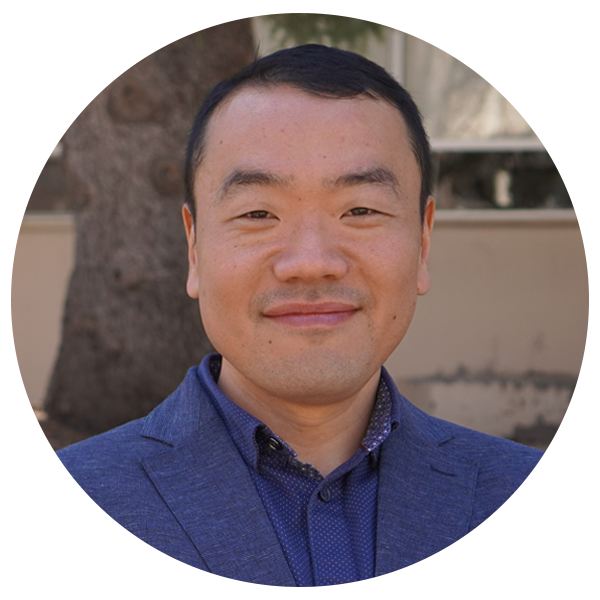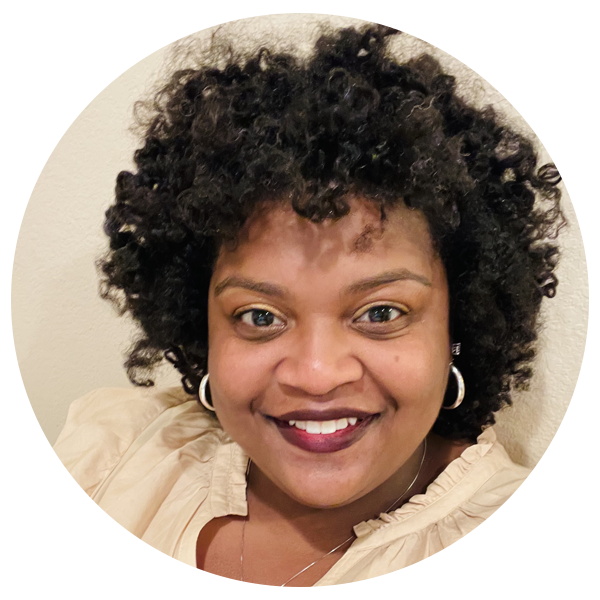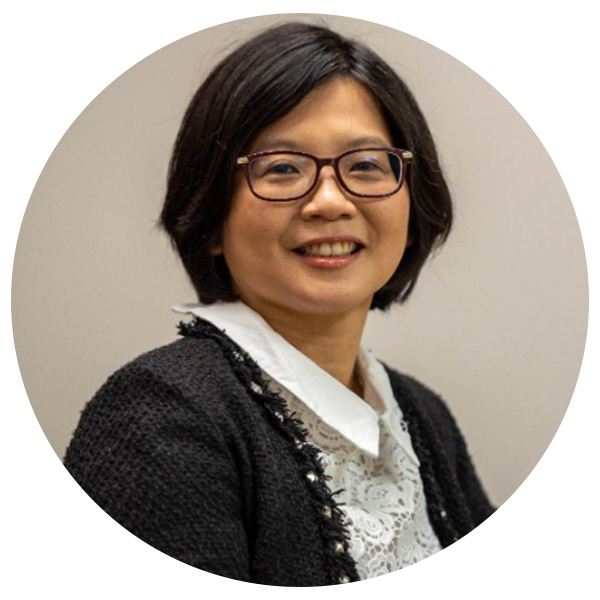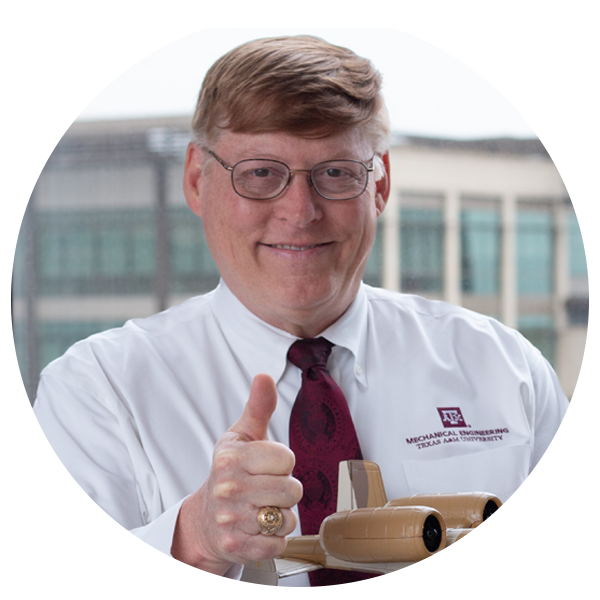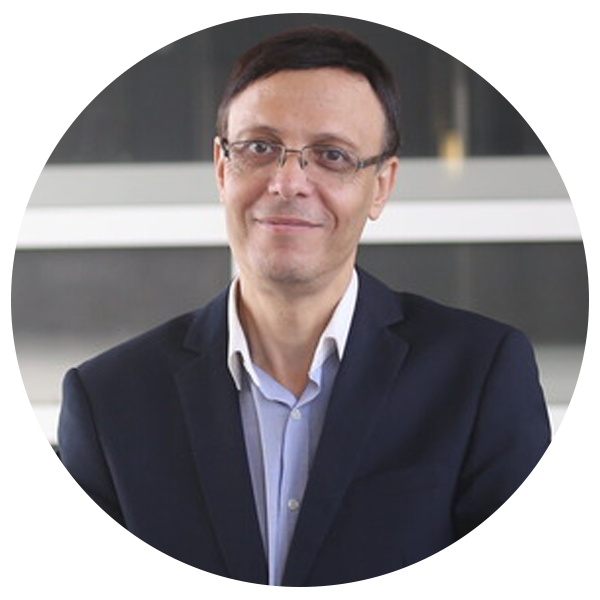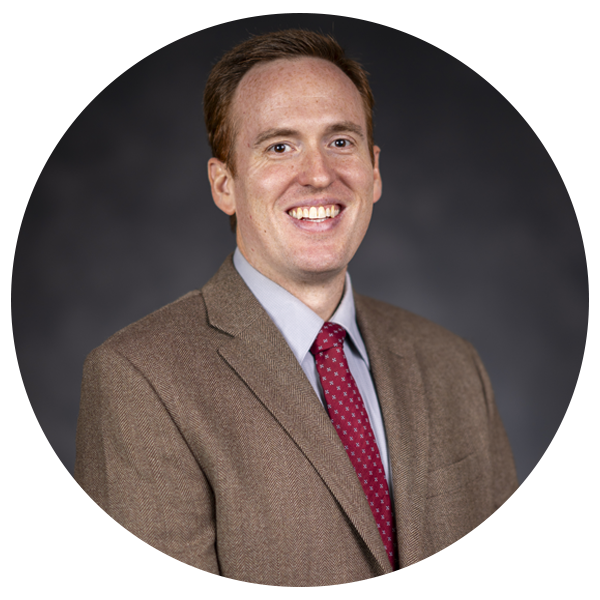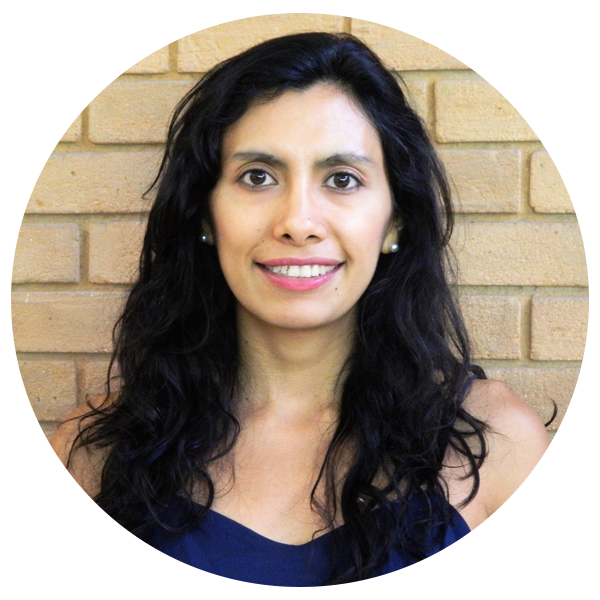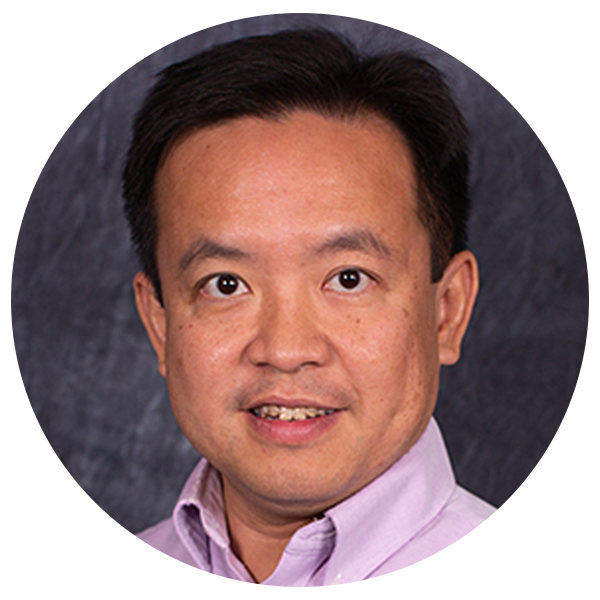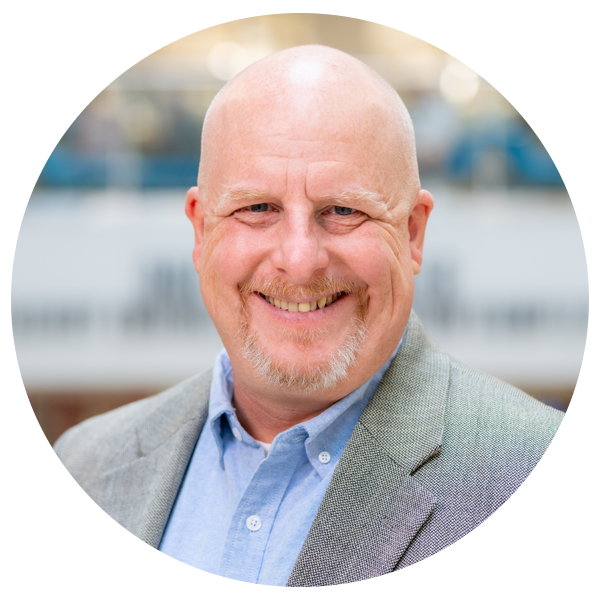Community Advancement Through Reciprocal Educational Experiences Fellowship Program
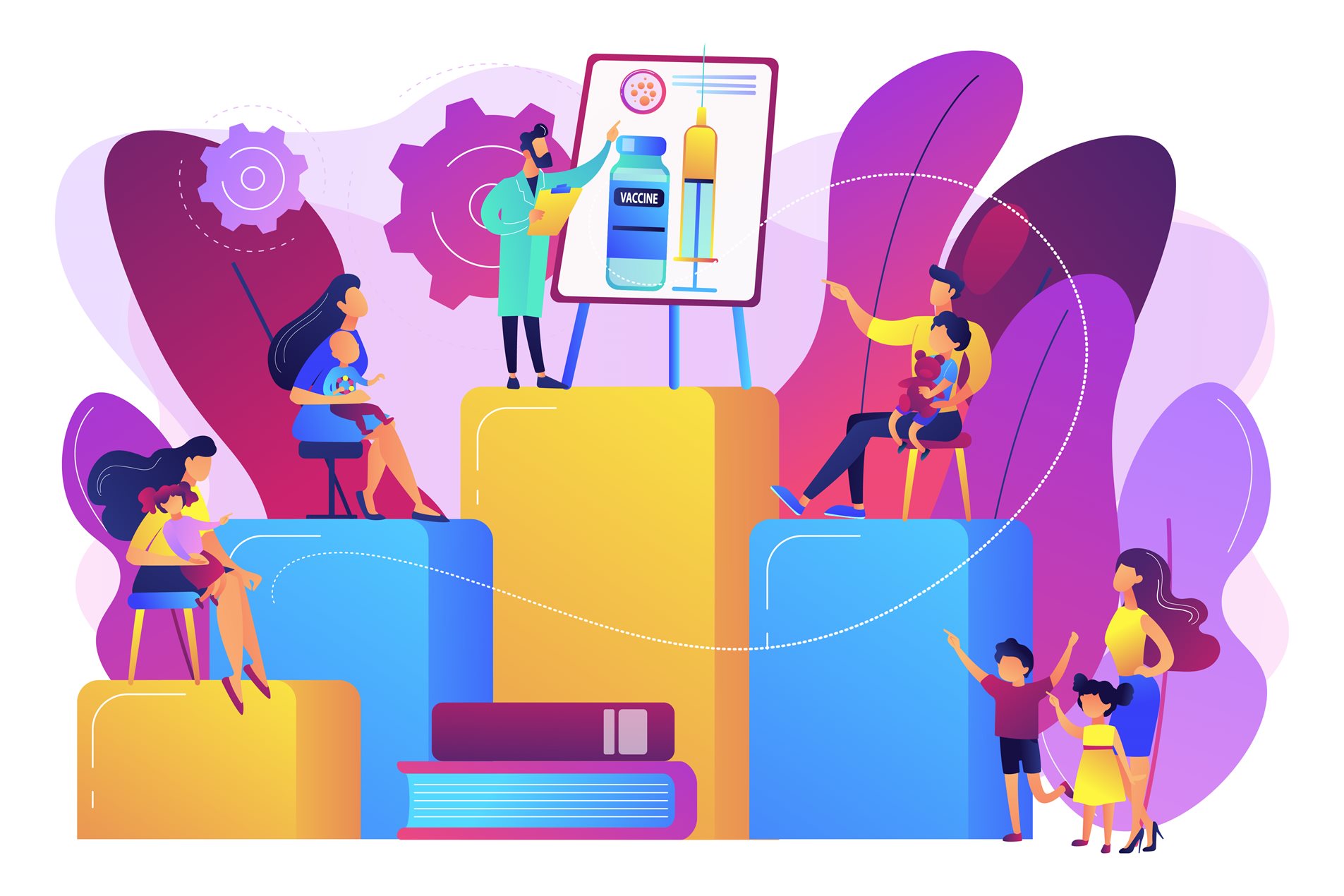 |
| |||||||
Here at the Texas A&M University Center for Teaching Excellence, we define Community-Engaged Teaching and Learning as:
See how another university operationalizes Community-Engaged Teaching and Learning here."mutually beneficial partnerships between University instructors, their students, and community stakeholders. These strategic community-oriented teaching approaches foster authentic real-world learning, civic engagement, and selfless service which are key to collaborative and impactful educational experiences."
2024-2025 Recipients of the Community Advancement Through Reciprocal Educational Experiences Fellowship Program
| WECARE (Win-win-win Effects: Community Advancement through Reciprocal Education) |
|---|
We aim to redesign an undergraduate course, EHRD374 (Organization Development, OD) to make it a CETL course by developing real-world application assignments. Through the projects, students can interact with the community partners and learn through real-world transformative learning experiences. We expect that this relationship building process will have win-win-win effects for the students, instructors, and community partners. In particular, this strategic approach enhances student learning outcomes, civic engagement, and selfless service, which are keys to collaborative and impactful educational experiences. |
| Promoting Community-Engaged Worksite Health Promotion Teaching and Learning |
|---|
The community-engaged teaching and learning project that Dr. Chen will lead during the fellowship will engage her students in the development, implementation, and evaluation of worksite health promotion programs for workers with disabilities in Bryan and College Station (BCS), Texas. Specifically, this project will give Texas A&M University students the opportunity to use the knowledge gained from the HLTH 410 Worksite Health Promotion course to provide critically needed assistance to BCS workers with disabilities. The students will work in groups to: (1) develop a worksite health promotion program that addresses health issues that are important to people with disabilities in BCS workplaces, and (2) evaluating existing worksite health promotion programs for people with disabilities in BCS workplaces. Local disability communities will also benefit from the products produced by students to promote better health for their members. |
| Ecstatic about Engineering! Bringing Engineering Mechanics into Grade 6 – 12 Classrooms |
|---|
For the CARE2 Fellowship program, Dr. Cope plans to incorporate lessons on engineering mechanics into high school and middle school grade levels. The project aims to enhance educators’ curriculum for the Grade 6–12 levels on applications of engineering mechanics in appropriate grade-level math and science courses. Objectives are to (1) promote STEM literacy, (2) demonstrate practical application, and (3) involve the local school districts. The project will focus on developing lesson plans, classroom demonstrations, and interactive instructional videos on how engineering mechanics applies to many aspects of the engineering field. Dr. Cope will implement the deliverables of the project through three approaches: (1) workshops for Grade 6-12 educators, (2) summer camps for students in Grades 6-12, and (3) individual visits to local school districts showing students why we are ‘ecstatic about engineering’. Key partners include instructors, the Spark! PK-12 Outreach program, and the Engineering Studio for Advanced Instruction & Learning (eSAIL) within the College of Engineering. |
| TAMU Biomedical Science in Motion (TBSM) |
|---|
The overall goal of this CETL project is to provide an opportunity to biology students at TAMU to interact with health-related institutions to tackle local community problems in a didactic and experiential manner. This project is, therefore, a community engaged learning project that provides a way for students to identify evidence-based tips/approaches and apply the unique scientific skill set that they have acquired during study of Anatomy and Physiology course to a local community problem with their partner community members. This will benefit both TAMU, students and the community. |
| Enhancing Community Partnerships and Engagement Through Data Analysis and Education |
|---|
Dr. Clark’s community engagement project aims to strengthen student’s data-driven decision-making skills through community partnerships and capacity building outreach. The objectives of Dr. Clark’s project are to create real-world learning experiences by partnering with local tourism and hospitality organizations, facilitate critical thinking using real industry data, and generate positive impacts for small tourism and hospitality businesses in the Bryan-College Station area through education. The expected outcomes of this project are to address a skills gap among students, improve working conditions for tourism and hospitality employees, and promote local economic recovery. |
| Community-Engaged Approach to Teaching Agricultural Marketing |
|---|
This project is to implement and evaluate a community-engaged project in an undergraduate agricultural marketing class. The main goals are to: (1) empower students to develop and evaluate adaptive marketing initiatives in collaboration with partners in the Brazos Valley community (hereinafter local food partners) through a real-world consumer-focused research project; and (2) increase the visibility of local food partners in the community by increasing consumers’ (or users’) interest in the partner businesses through the application of marketing strategies (e.g., social media marketing, advertising, etc.).Local food partners will include local food business owners (e.g., restaurants, wineries, etc.) and private food assistance services (e.g., food pantries). |
| Developing a Project-Based Service-Learning Capstone Experience for an Information Technology Service Management (ITSM) Curriculum by Engaging Students in Providing ITSM Consulting Services to Small Communities |
|---|
In this project, we plan to design and develop a project-based service-learning experience as a capstone experience for the BA-ITSV curriculum. This capstone experience will be a synthesis of all the knowledge and skills the students have accumulated throughout the ITSV curriculum, as well as a platform for students to apply their skills and knowledge to real-world small communities by identifying and addressing the real IT needs and issues of those communities. The project would allow our ITSV students to provide essential ITSM consulting services to underserved rural small communities. These services are vital for community growth and development, addressing their lack of access to IT resources and expertise. |
Rationale
Community-Engaged Teaching and Learning approaches can help facilitate high-impact student learning in ways that support communities. Through carefully selected and maintained community partnerships–which connect students who want to make a difference in the world with opportunities to be a part of that change–students can engage in meaningful real-world academic and professional learning experiences. Community-Engaged Teaching and Learning approaches aligned with TAMU Undergraduate Learning Outcomes can have the potential of exposing students to real-world learning and experiences.
As a land-grant institution, Texas A&M University is already part of many efforts to support and enrich the lives of the people of Texas, especially in local communities. The Community-Engaged Teaching and Learning Fellows Program aims to provide seed money to support University instructors who either have designed or want to begin designing project-based learning opportunities that benefit these local communities.

